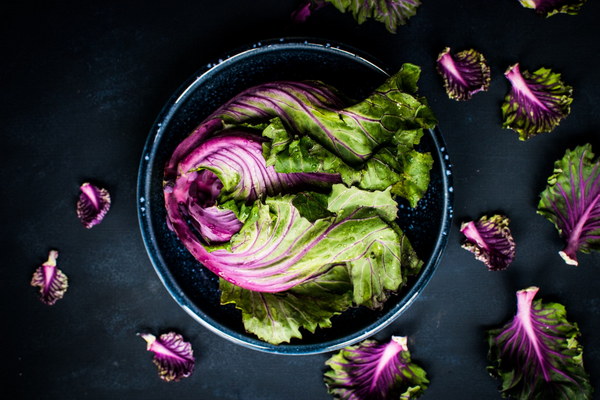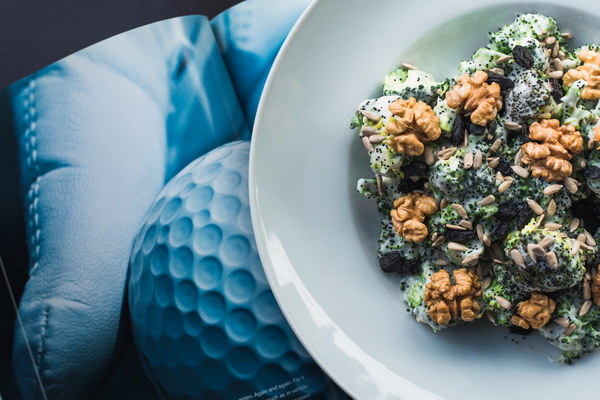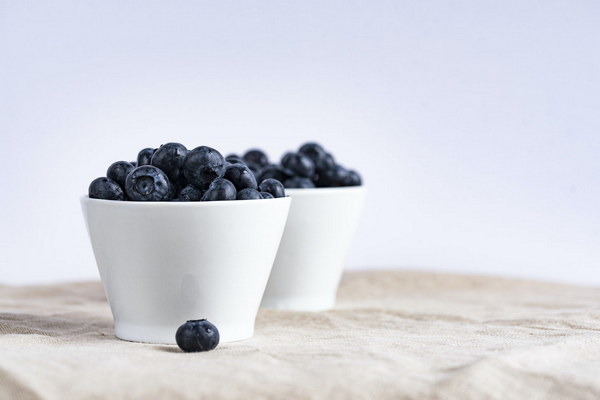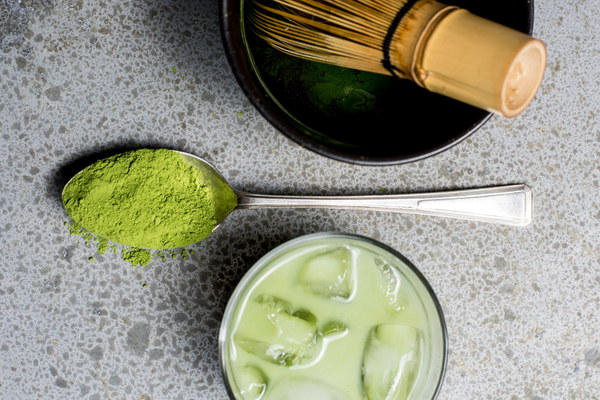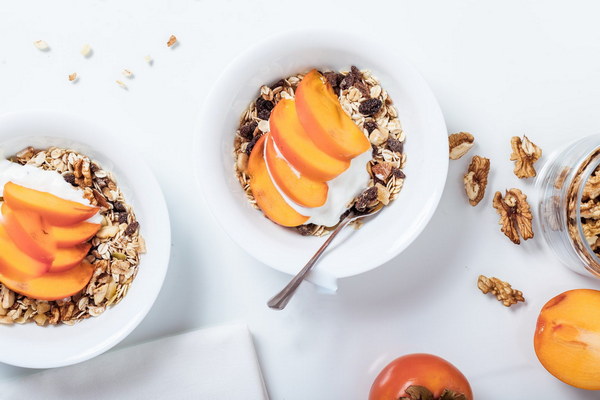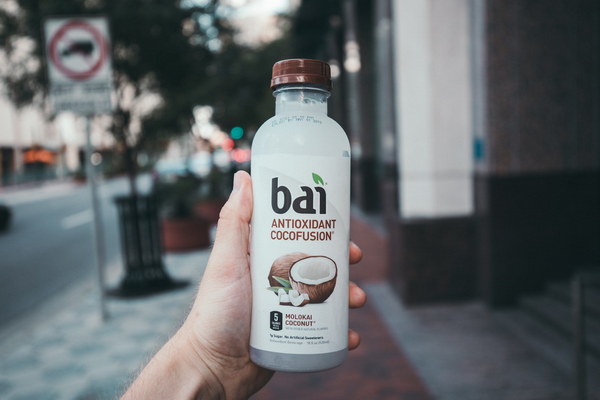Slow Pace of Replenishing Qi and Blood Understanding the Challenges and Strategies
In the realm of traditional Chinese medicine, replenishing Qi and blood is a fundamental aspect of maintaining health and vitality. However, many individuals find that the process of replenishing Qi and blood can be quite slow. This article aims to explore the reasons behind the slow pace of Qi and blood replenishment, as well as provide strategies to enhance the process.
1. Understanding Qi and Blood
Qi and blood are two vital substances in traditional Chinese medicine. Qi, often translated as vital energy, is the fundamental force that sustains life and maintains physiological functions. Blood, on the other hand, is responsible for nourishing the body and ensuring that organs receive the necessary nutrients and oxygen.
1.1 Factors Contributing to Slow Qi and Blood Replenishment
1.1.1 Poor Diet: A diet lacking in essential nutrients, such as vitamins, minerals, and amino acids, can hinder the body's ability to produce and replenish Qi and blood. Excessive consumption of processed foods, caffeine, and alcohol can further exacerbate the problem.
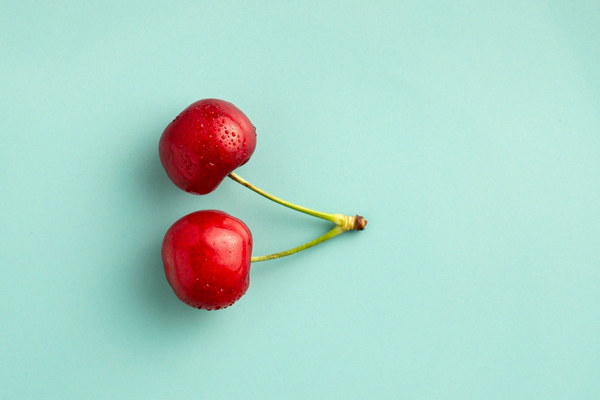
1.1.2 Lack of Physical Activity: Regular physical exercise is crucial for promoting the circulation of Qi and blood throughout the body. A sedentary lifestyle can lead to stagnant Qi and blood, resulting in a slow replenishment process.
1.1.3 Stress: Chronic stress can deplete Qi and blood, making it difficult to replenish these vital substances. Stress-induced conditions, such as anxiety and depression, can further impede the body's natural healing process.
1.1.4 Age: As people age, their bodies' ability to produce and circulate Qi and blood may decline, leading to a slower replenishment process.
2. Strategies to Enhance Qi and Blood Replenishment
2.1 Improve Diet: Consume a balanced diet rich in fruits, vegetables, whole grains, lean proteins, and healthy fats. Incorporate foods that are known to nourish Qi and blood, such as black sesame seeds, goji berries, and red dates.
2.2 Regular Exercise: Engage in regular physical activity, such as walking, jogging, tai chi, or yoga, to promote the circulation of Qi and blood. Aim for at least 30 minutes of moderate-intensity exercise most days of the week.
2.3 Manage Stress: Practice stress-reducing techniques, such as meditation, deep breathing exercises, and mindfulness. Establish a healthy routine, including adequate sleep, to support the body's natural healing process.
2.4 Acupuncture and Herbs: Consider seeking the help of a licensed acupuncturist or herbalist to address any imbalances in Qi and blood. Acupuncture and herbal remedies can help improve the circulation of Qi and blood, thereby enhancing the replenishment process.
2.5 Avoid Harmful Habits: Reduce or eliminate the consumption of caffeine, alcohol, and tobacco. These substances can further deplete Qi and blood, slowing down the replenishment process.
In conclusion, the slow pace of Qi and blood replenishment can be attributed to various factors, including poor diet, lack of physical activity, stress, and age. By adopting a holistic approach that includes a balanced diet, regular exercise, stress management, and alternative therapies, individuals can enhance the process of Qi and blood replenishment. Remember, the journey to optimal health is a gradual one, and patience and consistency are key to achieving long-term results.
